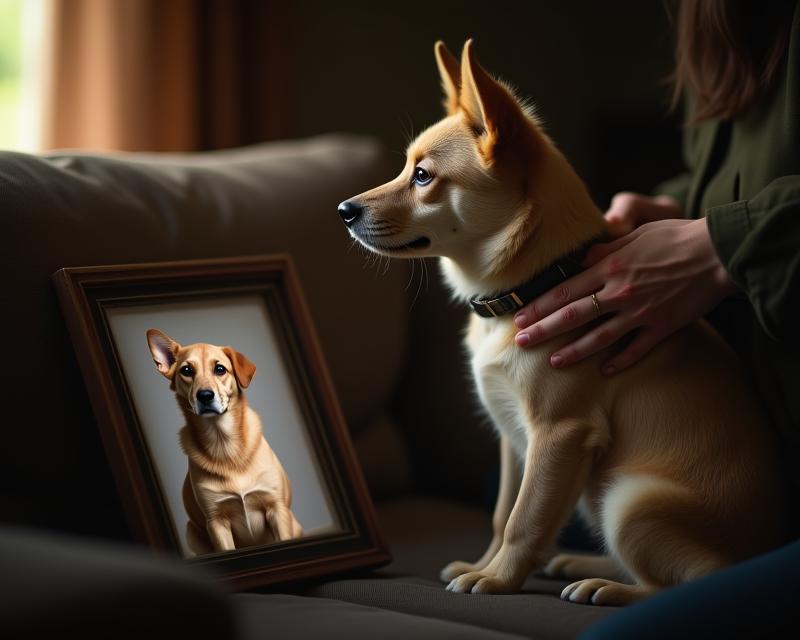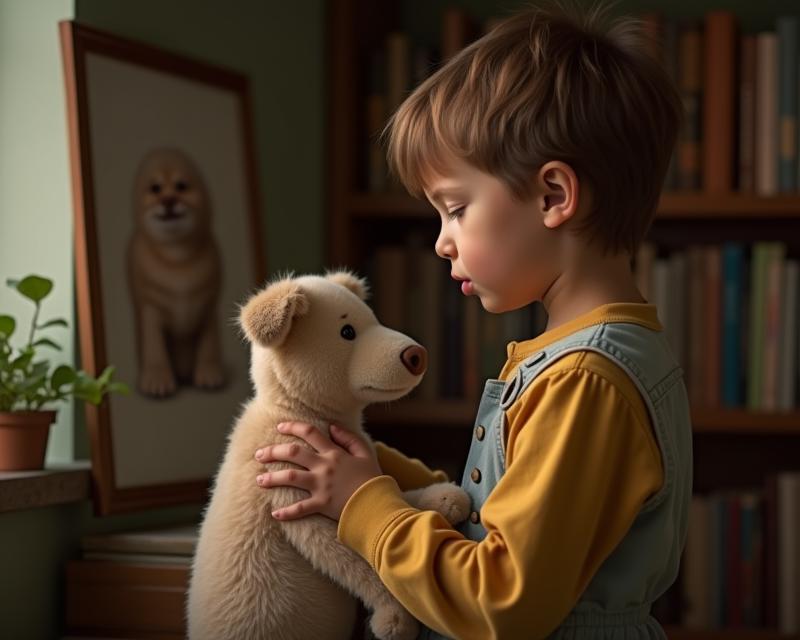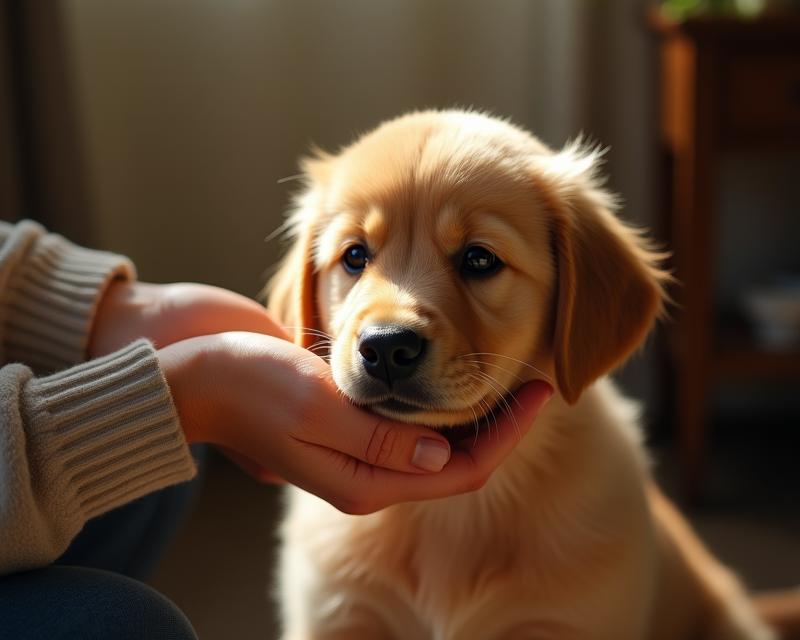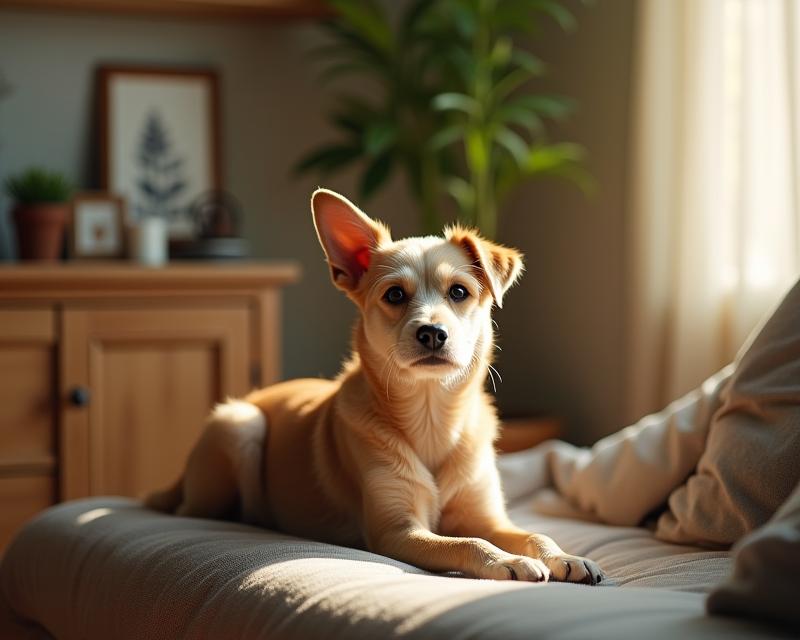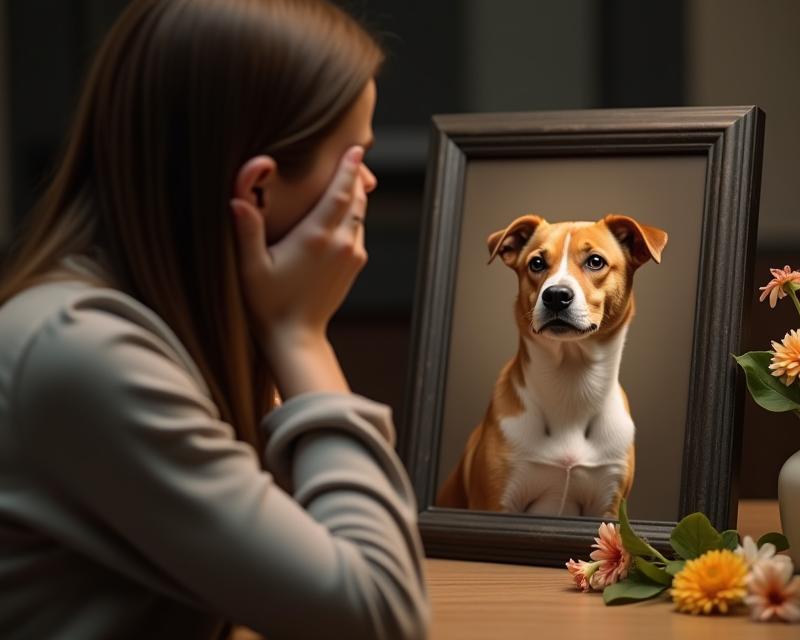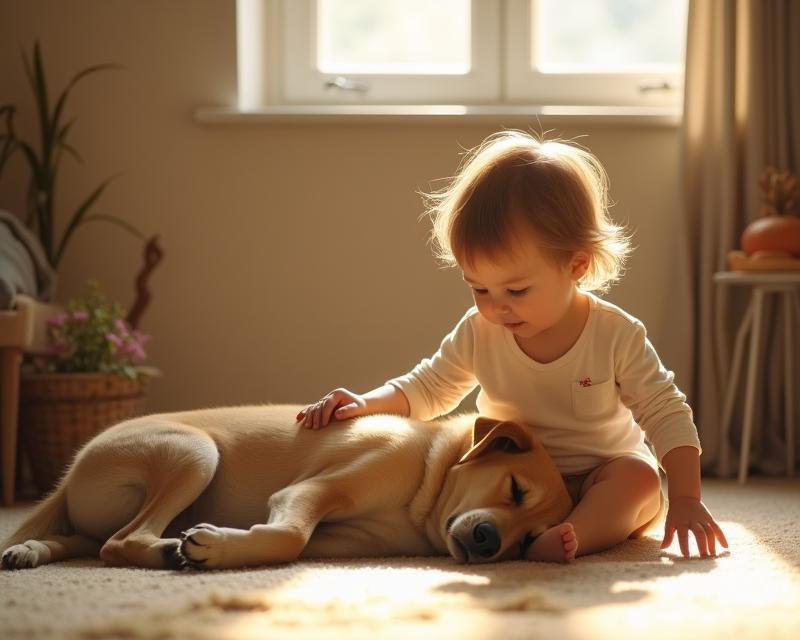Kitty Blues: Understanding Cat Separation Anxiety
Publish in General Care el 28/06/2025 19:04
Understanding Cat Separation Anxiety
It's heartbreaking to come home to a distressed cat! If your feline friend exhibits signs of anxiety when you're away, you're not alone. Separation anxiety is a common issue in domestic cats, and understanding it is the first step to helping your kitty feel more secure. It's more than just missing you; it's a genuine emotional struggle.
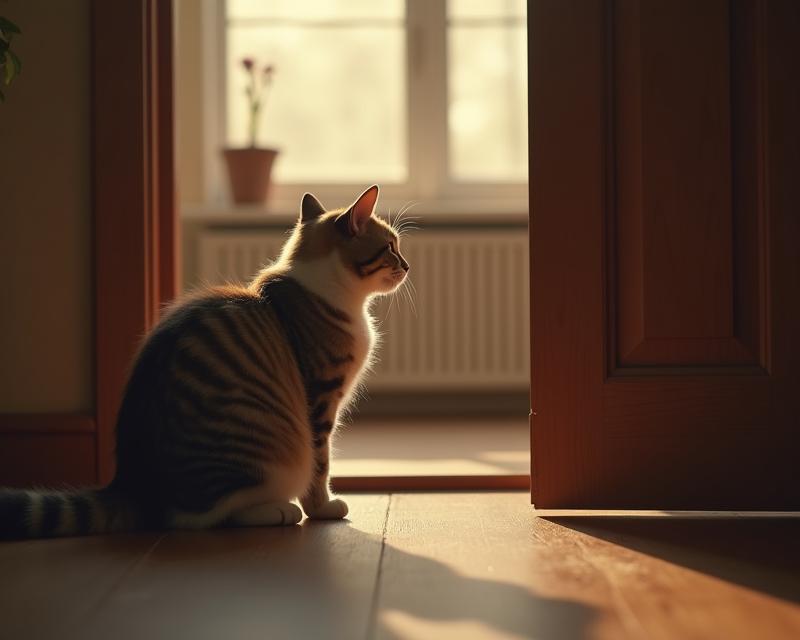
What Does Separation Anxiety Look Like?
Signs of separation anxiety in cats can vary, but some common indicators include excessive vocalization (meowing, howling), destructive behavior (scratching furniture, knocking things over), inappropriate elimination (urinating or defecating outside the litter box), and excessive grooming. Some cats may also display clingy behavior when you *are* home, constantly following you from room to room.
Why Does It Happen?
Several factors can contribute to separation anxiety. Changes in the household, such as a new pet, a move, or even a change in your work schedule, can trigger it. Cats are creatures of habit, and disruptions to their routine can be stressful. Early experiences, particularly if a kitten was separated from its mother too early, can also play a role. It's important to remember that separation anxiety isn't a sign of a 'bad' cat; it's a sign that your cat is struggling with stress.
What Can You Do?
Fortunately, there are things you can do to help your cat cope. Creating a safe and predictable environment is key. Leave out familiar scents like your worn t-shirt. Provide plenty of stimulating toys and scratching posts to keep your cat occupied while you're away. Consider using calming pheromone diffusers (like Feliway) which mimic natural feline facial pheromones and can have a soothing effect. Gradual desensitization techniques, where you slowly increase the time you spend away from your cat, can also be helpful. If the anxiety is severe, consult with your veterinarian or a certified cat behaviorist. They can rule out any underlying medical conditions and recommend tailored solutions, which might include medication in some cases.
Important Note: Avoid Punishment!
Never punish your cat for exhibiting anxious behaviors. This will only worsen the problem. Instead, focus on providing comfort and reassurance and creating a positive association with your departures. With patience and understanding, you can help your cat overcome separation anxiety and live a happier, more relaxed life.
